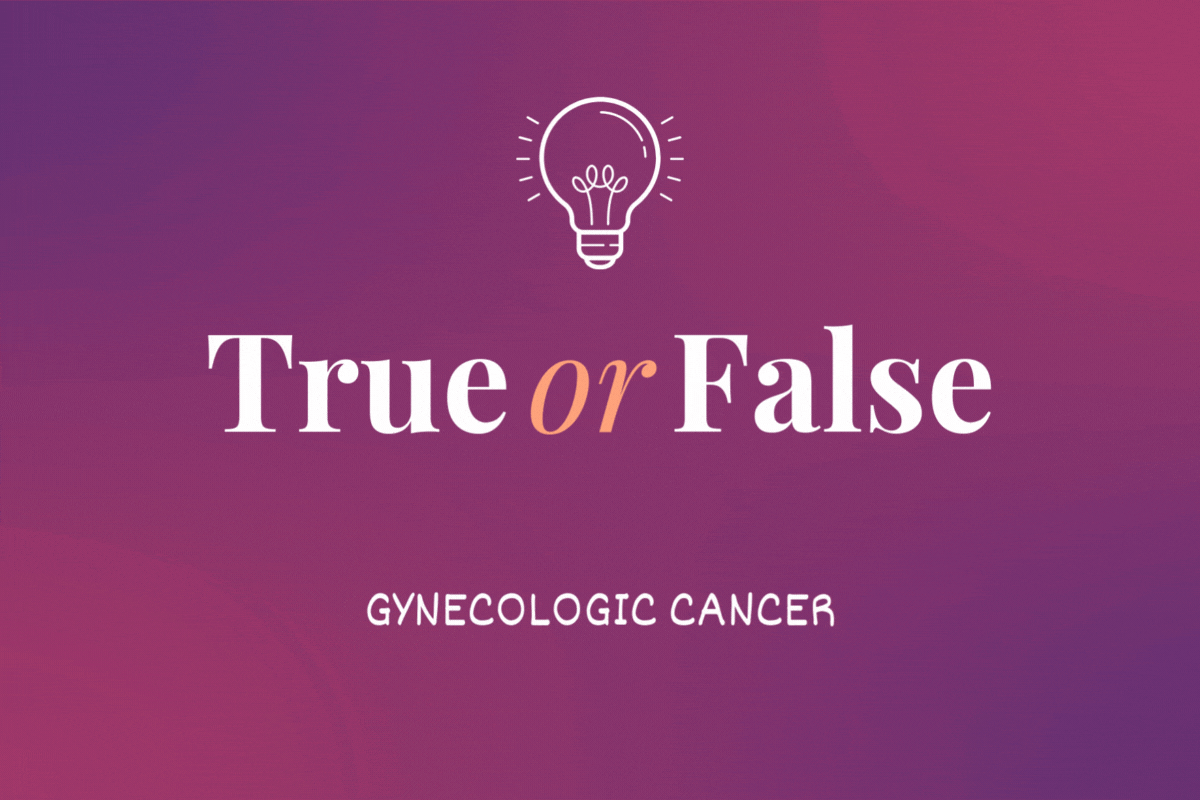
True or False: Gynecologic Cancer
Take our quiz to see how much you know about the cancers that affect the female reproductive system
Sep 25, 2024
Conditions & Treatments
Take our quiz to see how much you know about the cancers that affect the female reproductive system
September is Gynecologic Cancers Awareness Month.
This year, more than 116,000 women and people assigned female birth in the U.S. will be diagnosed with a type of gynecologic cancer. And an estimated 32,000 people will die from these diseases.
Gynecologic cancers start in the female reproductive system and anyone with reproductive organs can get them. Knowing the risk factors, signs and symptoms can help you catch cancer early and may save your life.
Take our quiz to see how much you know about gynecologic cancers and learn important information about screening and prevention.
Correct
Incorrect
Correct
Incorrect
Correct
Incorrect
Correct
Incorrect
Correct
Incorrect
Correct
Incorrect
Correct
Incorrect
Correct
Incorrect